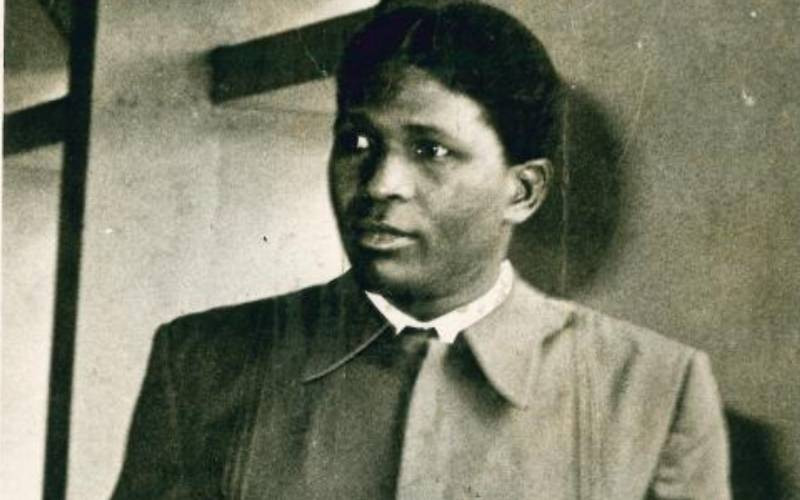×
The Standard e-Paper
Kenya’s Boldest Voice

Former firebrand opposition leader Lawrence Sifuna, who passed away on Sunday last week, was a lively debater in Parliament when he served first as the MP of the larger Bungoma South and later Kanduyi constituency.
Bungoma South was split into two to create Kanduyi and Bumula constituencies and also encompassed Bungoma Town, the county headquarters which now lies in the former.